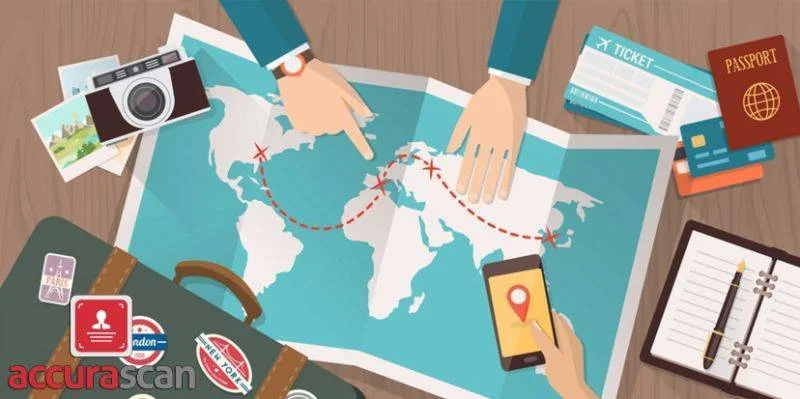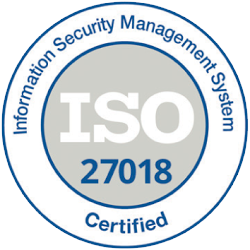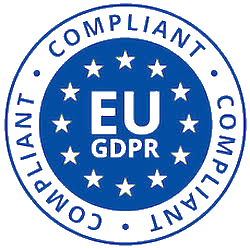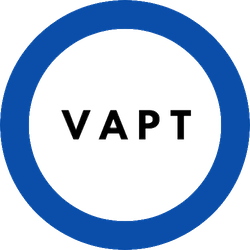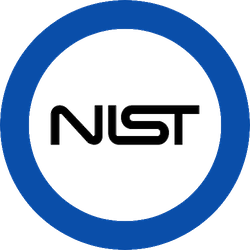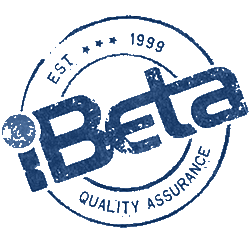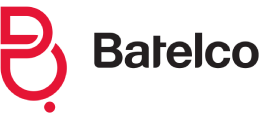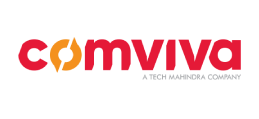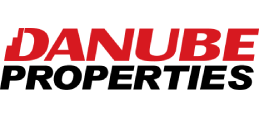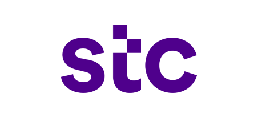In the last few years, the growth of travel technology has been phenomenal and will continue for upcoming years too. It subsequently opens the door wide open for process automation and hence, global industries will gain benefits of it. In the year 2018, many revolutions are expected to happen in the travel technology industry. Let us check our past data and earlier trends. The American and European hospitality, travel and tourism industry is embracing automation to up-scale both employee performance and customer experience.
First you could book a flight online. Then came online travel agents. And now you might check in for your hotel via mobile, a computer could set the price, while a chatbot answers your queries. The era of automation is upon us and we’re seeing evidence of its impact every day.
Having considered these concerns one question will always prevail; will automation be the secret weapon that modernizes the travel industry?
Companies like IBM, whose Watson tool is helping the travel company Thomson trial a smart chatbot for its customers’ holiday searches, pledge to “augment, not replace, human intelligence”.
But not everyone is predicting the demise of travel agents. A spokesperson for ABTA, which represents UK travel agents and tour operators, says almost a fifth of Brits still booked a holiday in a travel store last year and that although artificial intelligence can help with targeted marketing, “it can be hard to beat the human touch”.
A solution has to be in the middle. Finding out a way to introduce the technology and yet not to lose jobs, it is very important to be sure.
Today, travel, tourism and hotel industries are driven by customer experience and engagement, and have a nuanced understanding of using digital tools to automate their processes. They work strictly on both filling gaps in employee productivity as well as optimizing customer experience.
As far as operations and processes are concerned, almost all the travel service providers have opted for streamlined processes to expand the business possibilities in their sector. For instance, medium and large scale enterprises in the travel industry have implemented Sales Force Automation (SFA) for improving the performance of the sales force. Multiple agencies are partnering with the technology firms like aggregators to enhance their proximity towards customers. In modern times, for millennials, who make up for the largest travel group in the US or Europe, more than just receiving the booking confirmation emails and promotional emails, they always wish to know more about the travel experience, offers, deals and activities that interest them. So it’s the capability of a travel agency to provide the most appropriate solution to their customer needs. To forge a sustainable relationship, it’s very important for the travel agencies to give importance to the contents they market.
Lastly, again if we talk about the documents handling which was being highly outsourced by the bigger travel agencies is today no more a herculean task. Applications like AccuraScan scan the MRZ and Non-MRZ documents swiftly and load it into the client’s server within a moment. The best feature about this application might that even though user is offline, the tasks can still be carried out and it will automatically get synchronized to client’s database when the internet resumes.
Over the next five years a major transformation in the technology and improve the travel industry drastically. So, the future is always open for those who are ready to change accordingly. To provide efficient solutions for service and operational facilities, it is important that the travel service providers should adapt to the recent developments in travel domain or get disrupted.

